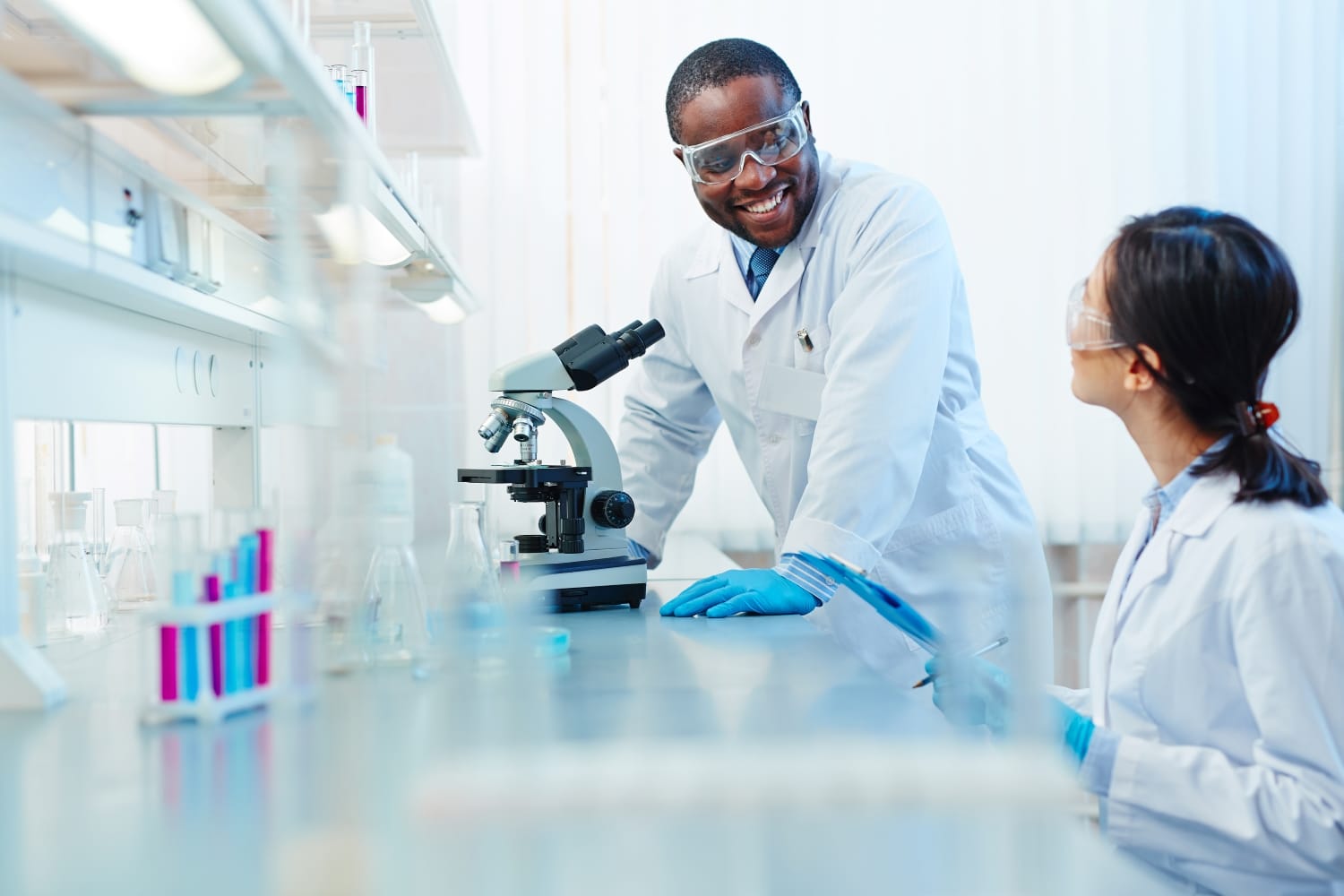Frequently Asked about Biochemists
What makes a Biochemist different from a Biophysicist?
Biochemists concentrate on evaluating chemical qualities and experimenting with how those chemicals react with biological processes, whereas Biophysicists focus on studying biological processes.
Biophysicists, on the other hand, study the physical qualities of biological components such as cells and how the laws of physics impact their functionality.
Biochemists may, for example, investigate how milk thistle influences cancer cell proliferation.
A Biophysicist, on the other hand, would examine injured brain cells to see how head traumas affect cell growth and development.
Biochemists and biophysicists may work together on certain projects to give chemical and physics knowledge.
What does a Biochemist do on a daily basis?
On a usual day, a Biochemist begins by donning lab coats, goggles, face masks, gloves, and head and shoe covers.
This helps them to contribute to a contaminant-free environment, and that they do not get contaminated themselves.
They monitor cultures and ongoing studies, reporting on the growth or shrinkage of specific cells in reaction to a drug.
They filter liquids into test tubes throughout the day and use a microscope and other equipment to assess how a variety of samples interact with chemical concoctions.
Biochemists spend time after finishing their experiments for the day to compile their findings into a report for future evaluation and publishing.
What characteristics distinguish an excellent biochemist?
A skilled biochemist can assess studies with a microscope and record changes in cells in response to various compounds because they have outstanding attention to detail.
They value collaboration and recognize the value of talking with other biochemists and science experts in order to overcome scientific barriers.
A competent biochemist also has a creative attitude, which allows them to experiment with unexpected chemical combinations to find cures for ailments and diseases.
Biochemists should also have a passion to serve others.
Their caring personality serves as a source of motivation for them in their everyday work.
To whom does a Biochemist answer?
A biochemist usually reports to their facility’s Senior Biochemist to obtain assignments and seek help with experiments.
Senior Biochemists may also be in charge of keeping track of the lab’s supply inventory to ensure that Biochemists have everything they need to complete their studies.
A Biochemist may need to report to the Laboratory Manager in certain circumstances to receive approval to perform research or obtain crucial supplies.







